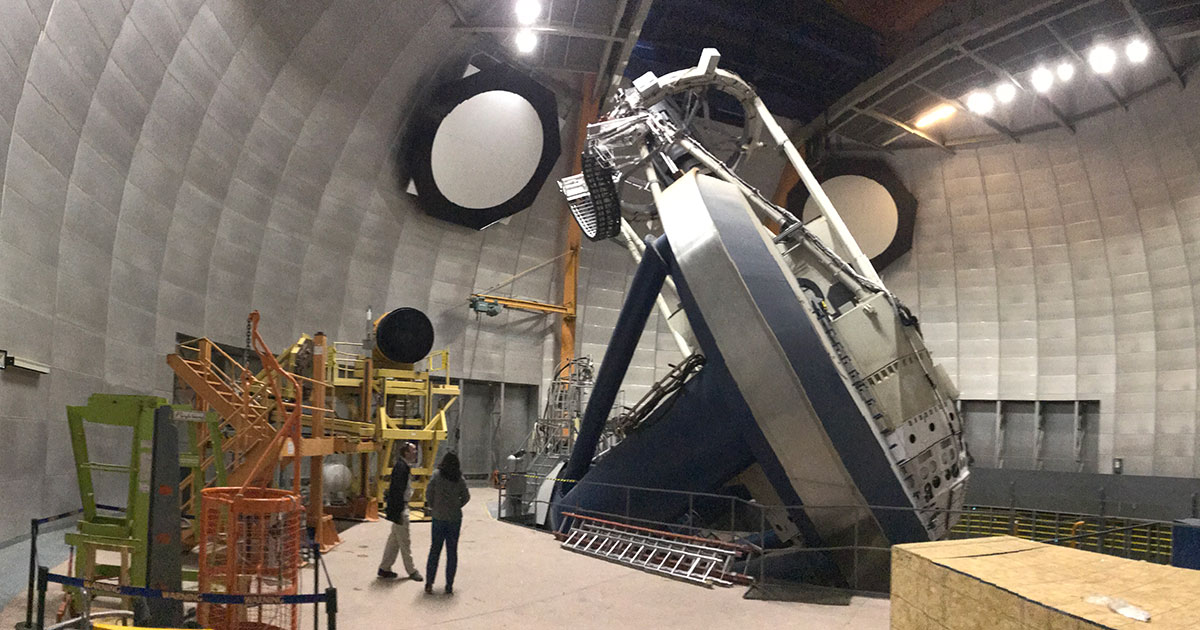Astrophysics and Cosmology
Fourteen full-time faculty members are joined by staff, postdocs, and students in research on astrophysics and cosmology. Major areas of research include:
- theories of the very early universe (Khoury, Lee, Trodden);
- approaches to cosmic acceleration, including modified gravity (Jain, Khoury, Madhavacheril, Sheth, Trodden);
- the properties of dark matter and dark energy, and their influence on the formation of galaxies (Bernstein, Devlin, Jain, Madhavacheril, Sako, Sanderson, Sheth);
- the nonlinear growth of structure in the Universe (Bernstein, Jain, Lee, Madhavacheril, Sheth);
- the evolution of galaxies through the epoch of reionization and into the recent era (Aguirre, Bernardi, Lidz);
- millimeter and sub-millimeter observations of galaxy clusters, and of star and galaxy formation (Aguirre, Devlin, Madhavacheril);
- observations of transient phenomena in the Universe (Sako);
- detection of planets and planet-forming systems around nearby stars (Blake, Devlin, Jain); and
- observations of the Solar System beyond Neptune (Bernstein, Blake, Sako).
We address these questions from many angles:
- developing new instrumentation in the optical, millimeter, and sub-millimeter regimes;
- observations from the radio through x-ray;
- analysis of large survey datasets;
- computation and simulation;
- and theory.
There is close collaboration between the astrophysics group and Penn researchers conducting laboratory and astrophysical studies of the nature of dark matter (Klein, Sanderson) and theoretical studies of gravitational and dark-sector physics (Khoury, Lee, Trodden). Many members of the department apply techniques from data science and machine learning to astronomical datasets (Bernardi, Jain, Madhavacheril, Sako, Sanderson).

Related Faculty
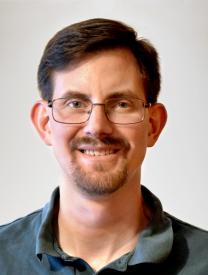
- Astrophysics and Cosmology

- Astrophysics and Cosmology

- Astrophysics and Cosmology
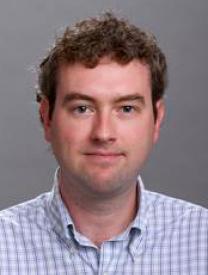
- Astrophysics and Cosmology
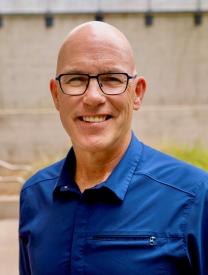
- Astrophysics and Cosmology
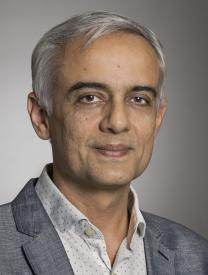
Walter H. and Leonore C. Annenberg Professor in the Natural Sciences
Co-Director of the Penn Center for Particle Cosmology, Co-Director of the Penn Data Driven Discovery Initiative
bjain@physics.upenn.edu(215) 573-5330
- Astrophysics and Cosmology
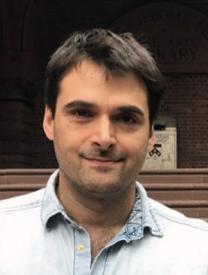
Edmund J. and Louise W. Kahn Term Professor of Physics and Astronomy
jkhoury@sas.upenn.edu
215-573-7152
- Astrophysics and Cosmology
- Nuclear and Particle Physics

- Astrophysics and Cosmology
- Nuclear and Particle Physics

- Astrophysics and Cosmology

- Astrophysics and Cosmology
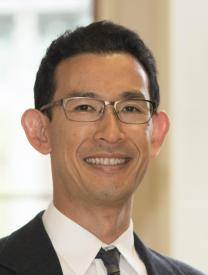
Arifa Hasan Ahmad and Nada Al Shoaibi Presidential Professor of Physics and Astronomy
masao@sas.upenn.edu
215-898-8151
- Astrophysics and Cosmology

- Astrophysics and Cosmology

- Astrophysics and Cosmology

Fay R. and Eugene L. Langberg Professor of Physics
Associate Dean for the Natural Sciences, School of Arts and Sciences, Co-Director of the Penn Center for Particle Cosmology
trodden@physics.upenn.edu215-898-7938
- Astrophysics and Cosmology
- Nuclear and Particle Physics
News
Appointment of Professor Justin Khoury as co-Director of the Center for Particle Cosmology
The Center for Particle Cosmology would like to announce an important leadership change.
Read MoreCongratulations - Dr. Monica Jinwoo Kang!
We are pleased to announce that the 2025 AKPA Outstanding Young Researcher Award (OYRA) will be awarded to Dr.Read MoreMark Trodden named dean of Penn’s School of Arts & Sciences
Mark Trodden has been named dean of the School of Arts & Sciences and the Thomas S. Gates Jr.
Read MoreNew high-definition pictures of the early universe
New research by the Atacama Cosmology Telescope (ACT) collaboration has produced the clearest images yet of the universe’s infancy—the earliest cosmic
Read MoreDepartment Scholar in Residence Update: Sculpture Installation on Cover of Arts Based Research Book
Portal, a sculpture installation inspired by research of black holes created by Rebecca Kamen, visiting scholar and artist in residence in the Department of Physics and Astronomy, has been
Read MoreThe Missing Data Link
When Bhuvnesh Jain and Greg Ridgeway co-founded the Data Driven Discovery Initiative (DDDI) in 2021, their initial goal was to support the undergraduates, graduate students, and postdocs acro
Read More
Events
Astrophysics Seminar: FRB science results from CHIME
Kendrick Smith (Perimeter)
Astrophysics Seminar: "TBA"
Tim Eifler (UArizona)
